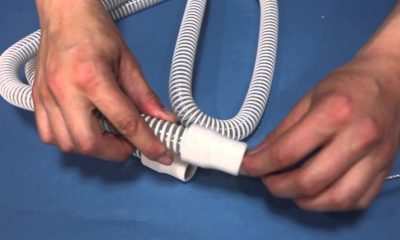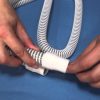Health & Beauty
The Benefits of the Most Popular Bodybuilding Supplements
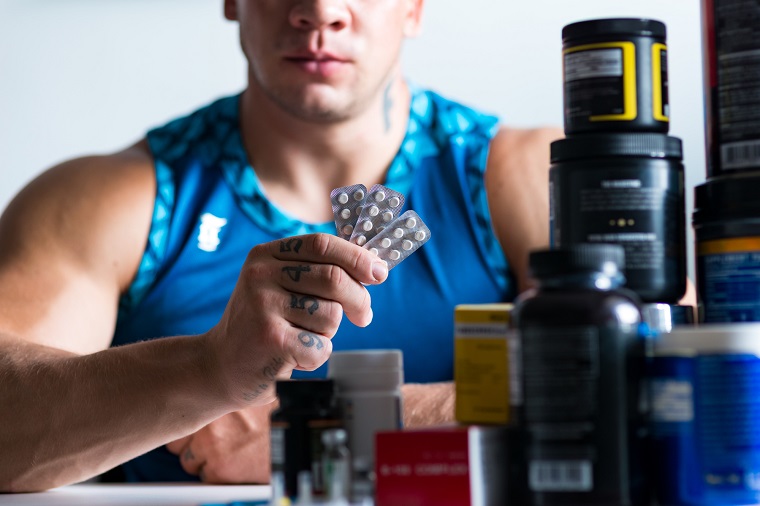
If you’re looking to get serious about your bodybuilding journey, you’ve surely heard that supplements can be a great way to help you reach your goals and get the most out of your on-point diet and intense training sessions. But which supplements, precisely?
The market is full of products that claim to be the next miracle shortcut to getting buffed. You’ll soon find yourself wandering through a digital jungle of get-big blogs and YouTube channels that are filled with misinformation and advertised products that don’t really work. Knowing what to take, how much and when to take it can help you get the most results out of your hard work. So, what supplements are a must for bodybuilding? This list will certainly help you out.
Creatine Monohydrate
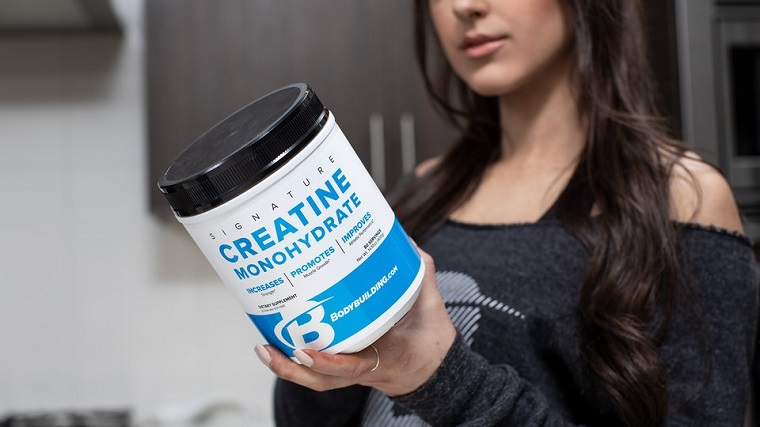
Creatine monohydrate is a power-enhancing, muscle-building bodybuilding supplement with a high safety profile and a wide range of evidence that supports its efficacy. It works by increasing the availability of phosphocreatine and creatine within the muscle, helping maintain energy when performing high-intensity exercises. The increased availability of phosphocreatine also speeds up recovery between sets. Long-term supplementation has shown to increase the quality of resistance training, leading to significant gains in performance and strength. Creatine bodybuilding supplements should be taken in doses of 20g per day for 5 to 7 days, followed by a maintenance dose of 5g per day.
Caffeine
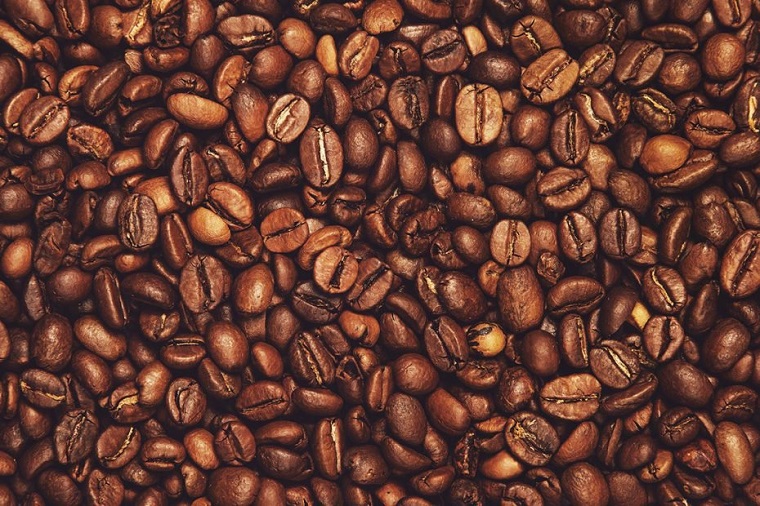
Caffeine is the number one used stimulant in the world. It’s been shown to provide ergogenic aid in both high-intensity and endurance exercises. However, when it comes to strength performance, its effects aren’t as clear. There’s research suggesting that caffeine intake before resistance training can increase 1RM (one-rep max) for benching, while other studies show no strength benefits whatsoever. But caffeine has shown to lower perception of effort and decrease fatigue rates, which can benefit high-volume, high-intensity workouts. The recommended dosage is 150-300mg half an hour before your workout.
BCAAs
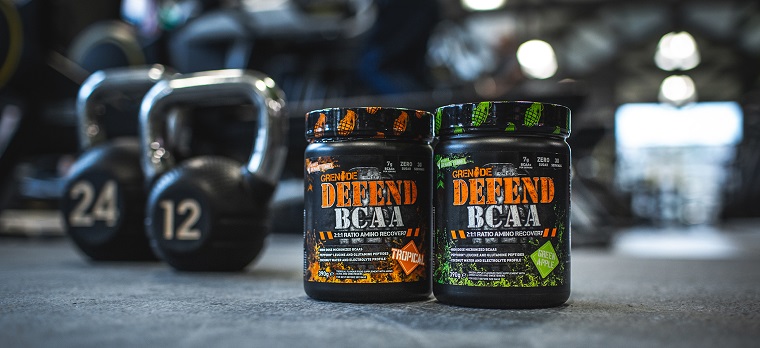
If you’re a bodybuilder or a strength athlete, there’s no reason not to take BCAAs throughout your workout. Not only do they taste great, sipping on BCAAs between sets can help speed up repair and recovery processes. People ingesting 100mg of BCAAs per 1 kg of bodyweight experience less muscle damage and soreness following high-volume exercising. BCAAs, and leucine, in particular, can also help regulate protein metabolism by suppressing protein degradation and promoting protein synthesis. This can lead to improved muscle recovery. The recommended dosage is 5-10g before or during your workout.
Whey Protein
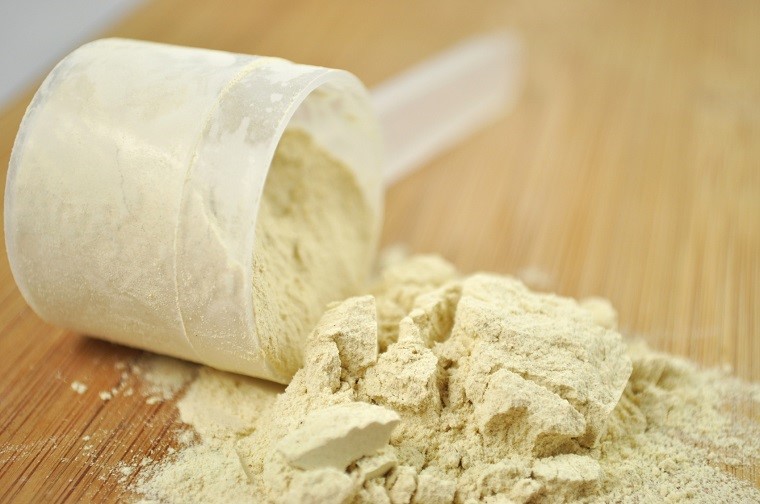
Whey is a fast-digesting protein and is one of the most popular bodybuilding supplements, period. It’s an optimal post-workout supplement that can help your muscles’ ability to adapt and recovery after a hard workout. Consuming whey protein has also shown to stimulate muscle protein synthesis to a far greater degree than soy and casein protein. However, blends of protein like casein and whey have also shown to improve body composition and muscle hypertrophy to a greater degree than soy-based protein. The combination of slow-digesting casein and fast-digesting whey will help keep the body in a highly anabolic state for long time periods, helping keep the protein synthesis rate up while minimising muscle breakdown. The recommended dosage is 20 to 30g after a workout.
Citrulline Malate
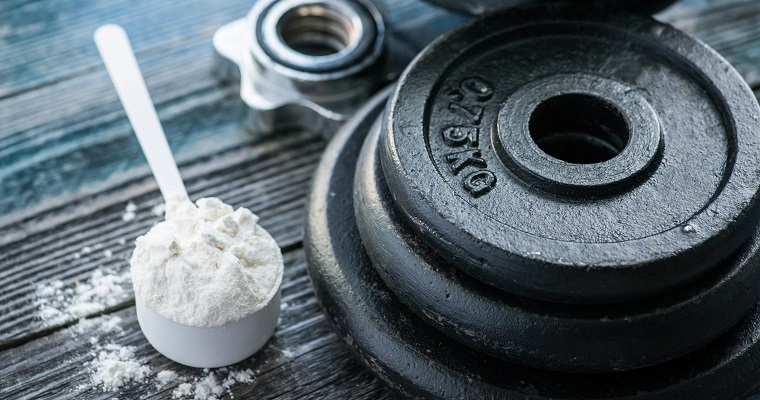
This supplement was initially marketed as anti-fatigue. 40 years ago, Citrulline Malate was actually prescribed to treat both physical and mental fatigue post-surgery. Nowadays, however, this supplement has become popular for its performance-increasing effects. These effects are attributed to the synergistic combination of malate and L-citrulline, which helps increase the rate of adenosine triphosphate and phosphocreatine. A single dose of 8g Citrulline Malate before exercise can help increase the number of reps performed during resistance training, and reduce soreness post-exercise.
Nitric Oxide Boosters
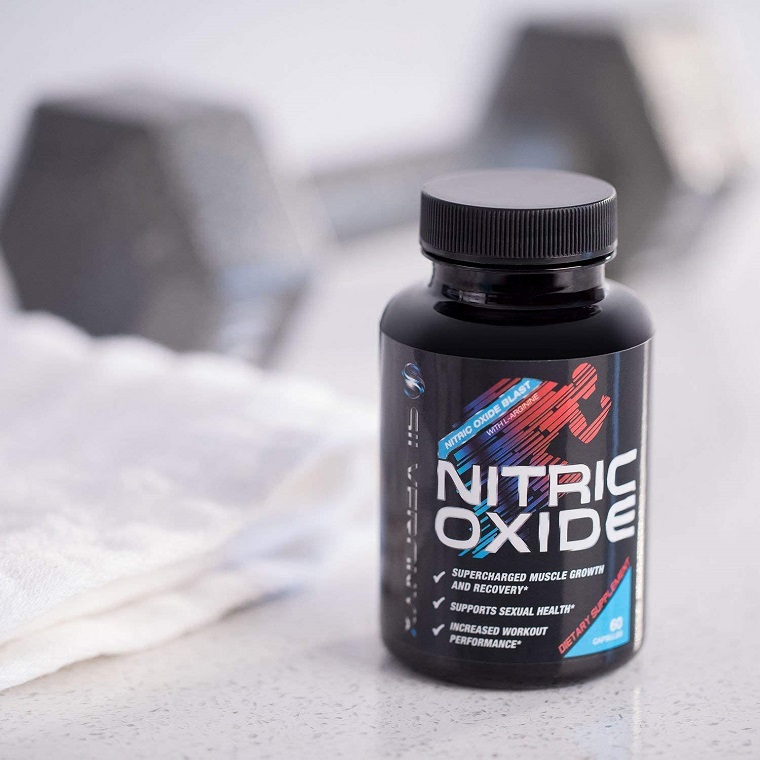
Nitrate-rich foots such as radishes, pomegranates and beets are a great way to enhance the production of nitric oxide, which in turn can improve skeletal muscle blood flow, resulting in reduced soreness. Studies show that nitric oxide boosters can provide improvements in hypertrophy, strength and performance in resistance training. 500mg of pomegranate extract or beet root juice taken 30-60 minutes before your workout is the recommended daily dose.
Omega-3 Fatty Acids
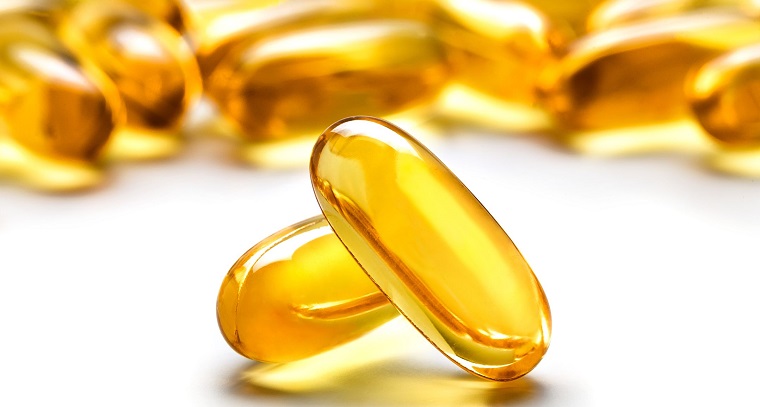
Fish oils are a great source of omega-3 fatty acids, which can provide a wide range of benefits for the body. For bodybuilders and strength athletes, it provides antioxidant and anti-inflammatory properties. Since intense resistance training can lead to microscopic tears in the muscle fibres, the muscles can get inflamed and damaged. While inflammation is desired to a certain extent, too much inflammation can delay the muscles’ recovery process. Studies have shown that omega-3 fatty acids reduce the muscle soreness, thus speeding up the recovery process and getting you ready for your next workout. Additionally, when combined with carbs and BCAAs, omega-3 fatty acids can increase protein synthesis, leading to greater muscle mass gains. The recommended daily dosage is 2g, taken with a meal.
Writing for the blog since 2012, Chris simply loves the idea of providing people with useful info on business, technology, vehicles, industry, sports and travel – all subjects of his interest. Even though he sounds like quite the butch, he’d watch a chick flick occasionally if it makes the wife happy, and he’s a fan of skincare routines though you’d never have him admit that unless you compliment his impeccable skin complexion.









